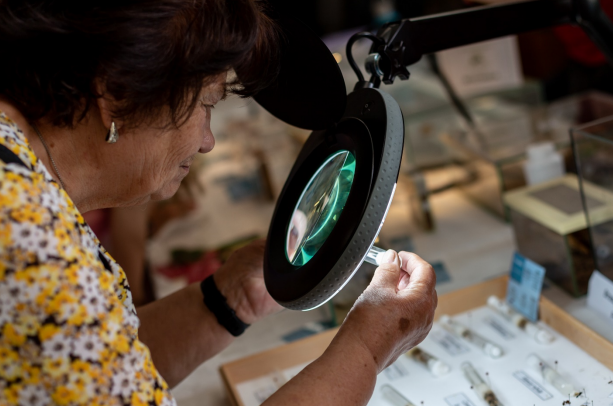Currently, only 35% of the workforce in science, technology, engineering, and math (STEM)
fields are women, with engineering and computer sciences having the biggest imbalances.
According to Virginia Tech, Christina DiMarino, a professor of engineering at Virginia Tech,
stresses the importance of changing this trend and highlights the significance of early STEM
education for women and marginalized groups.

The Issue: Gender Disparity
DiMarino often notices the lack of women in the field but sees it as a chance to nurture future female leaders in STEM. She acknowledges the challenges of creating a more inclusive environment in STEM, given its historically male-dominated nature. She believes that while progress has been made, achieving true diversity will require time and effort.

The Significance of Diversity in STEM
“Engineers are tasked with solving crucial problems facing society. Without diversity among
them, it becomes harder to address the issues faced by different groups and find appropriate
solutions,” DiMarino pointed out. “A diverse engineering workforce brings a range of
perspectives and experiences, resulting in more effective problem-solving.”
Empowering Women in STEM
DiMarino emphasizes the need to offer women equal opportunities and support both in
academic environments and the workplace. She believes that creating inclusive and supportive spaces is vital for attracting and retaining women in STEM fields, enabling them to excel. While mentors play a role, having advocates in influential positions is crucial for advancing women’s careers.
She also advocates for starting early with the next generation. “Introducing STEM concepts to children at a young age is crucial in helping them grasp the numerous possibilities,” DiMarino stated. “Highlighting achievements of diverse historical and modern STEM figures is essential as it demonstrates that individuals similar to them have made significant contributions.”

About Christina DiMarino
Christina DiMarino serves as an assistant professor in the Bradley Department of Electrical and Computer Engineering at Virginia Tech and is a faculty member at the Center for Power
Electronics Systems (CPES). She earned her M.S. and Ph.D. in electrical engineering from
Virginia Tech in 2014 and 2018, respectively. DiMarino conducts research at the Virginia Tech Research Center (VTRC) in Arlington, Virginia, where she played a key role in establishing and overseeing two new CPES laboratories. Her research focuses on power electronics packaging, high-density integration, medium-voltage power modules, and wide-bandgap power semiconductors.


